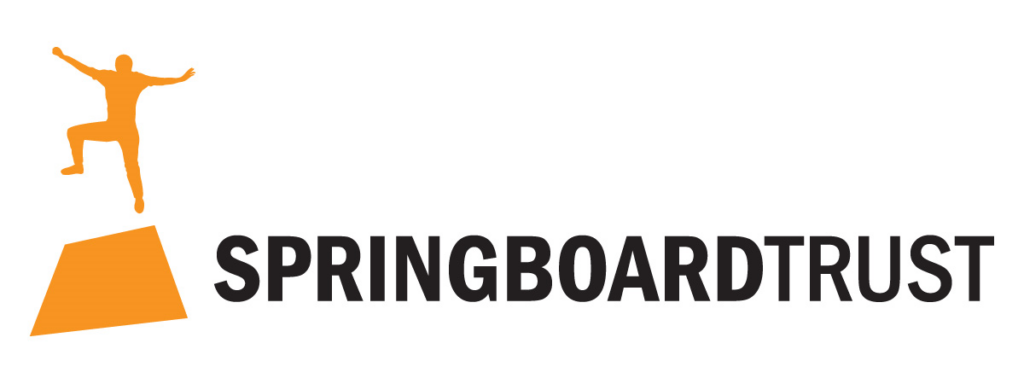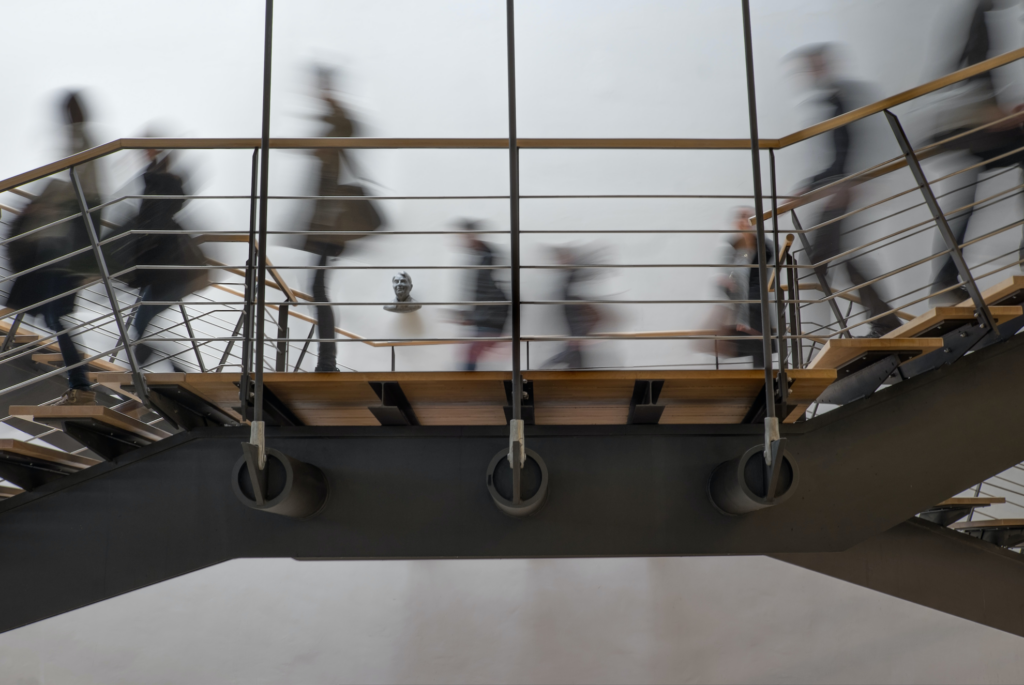Mental health, job stability, financial losses and emotional and physical wellbeing – the list of areas where COVID-19 has hit hard is endless.
But, as a recent research article from Zaine Akuhata-Huntington et al in Higher Education Research and Development highlights, indigenous learners have often been left behind and asked to prioritise in ways that conflict with their values. In response, indigenous communities have forged ahead together, rather than wait for sub-standard assistance – a process that has repeated under pandemic conditions.
“A Netflix pandemic storyline”
The authors draw a clear distinction between the prevailing COVID-19 narrative in New Zealand – “be kind” – and the reality of the situation for indigenous peoples.
They note that Markham et al have already shown how the pandemic impacts First Nations people in Australia, and that the National Māori Pandemic Group has bemoaned the lack of an equity lens on NZ-wide approaches to response and recovery.
This disparity manifested at an institutional and individual level for the authors, who describe “hoops on fire to jump through” such as Westernised administrative requirements for support, that were at odds with the focus on collaboration and sharing of resources that had been instilled through their families.
All through this, Māori learners’ instilled values of manaakitanga, whanaungatanga and kaitiakitanga entrenched a deep sense of responsibility and care to the people around them, both within and without an educational setting.
“I’m tired; COVID-19 has highlighted the unpaid, unappreciated, and unacknowledged emotional labour of Māori and Pasifika staff and students. The institution tells us to continue as usual, yet our kaupapa, our purpose, tells us that we must be whānau and whanaunga first, that continuing our research during a pandemic, during a country-wide lockdown is one of the most dangerous, and extractive, things we could do.”
In a COVID-19 response that the authors note left them feeling like an after-thought, it was those values – and the pakiwaitara they stemmed from – that showed the way forward.
A history of collaboration
Akuhata-Huntington et al note that indigenous peoples in New Zealand and Australia have a long history of collaboration, which has been reflected in responses to COVID-19.
Tanē-Mahuta, Maui and his siblings and D’harawal Elders are all cited as not just examples of working together, but cultural lightning rods for the values and knowledge that is retained from generation to generation.
Through these pakiwaitara ,the author argues that “our people were resilient when unity was at the forefront”.
“The work accomplished by our individual iwi, hapū and whānau across the country during the lockdown period mirrors exactly that theme and suggests that uniting together to fight this pandemic, as well as the inequities Māori continue to face (specifically in the health sector), we must take matters into our own hands to ensure the safety of our communities.”
The results were indigenous peoples coming together to share support and resources, despite a lack of support at a governmental or institutional level. It’s a tale reflected in two recent sessions we had with Billie-Jean Potaka-Ayton, who spoke of her school and community’s work in coming together to survive and thrive when outside help was scarce.
This can make for damning reading of high-level responses to COVID-19 – and in all fairness, it should. The National Māori Pandemic Group has repeatedly highlighted the need for equity from the outset, and continues to try and hold the Crown to account for providing adequate support as a Treaty partner.
One of the closing lines of the research paper is “we cannot rely on the systems in place, we can only rely on each other”. And while these experiences do show the resilience and collaborative strength of indigenous peoples, it should also be an important reminder of the ardent need to place those people at the forefront of planning and recovery.
Full article: COVID-19 and Indigenous Resilience, published in Higher Education Research & Development. Authored by Zaine Akuhata-Huntington (Ngāti Tūwharetoa, Tūhoe, Ngāi Te Rangi, Ngāti Kahungunu ki Te Wairoa) , Shannon Foster (D’harawal Saltwater Knowledge Keeper), Ashlea Gillon (Ngāti Awa) , Mamaeroa Merito (Ngāti Pikiao, Ngāti Whakaeu, Ngāti Awa), Lisa Oliver (Gomeroi Nation) , Nohorua Parata (Ngāti Toa Rangatira, Ngāti Ruanui, Ngāti Kahungunu, Rongowhakaata), Yvonne Ualesi (Mulivai Safata, Pu’apu’a, Savalalo Samoa, Fakaofo Tokelau, Ovalau Fiji) & Sereana Naepi (Natasiri).









